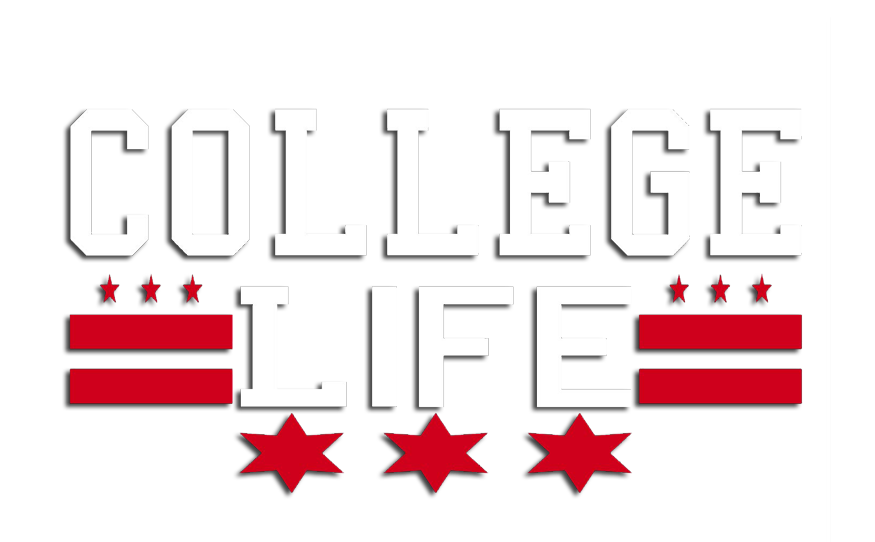Hampton University has found itself in a hairy situation,–literally–thanks to a recent report by Virginia’s ABC news station shining a spotlight on the historically black institution’s ban on cornrows and dreadlocks for male business students.
The mandate, which was put in place in 2001, only applies to a specific group of students enrolled in a leadership course within Hampton’s five-year M.B.A. program. Sid Credle, Dean of the Business School, believes that the hairstyles will prevent students from securing corporate jobs.
“All we’re trying to do is make sure our students get into the job,” Credle told ABC. “What they do after that, that’s you know, their business.”
It’s no surprise that the ruling has been an unpopular one with the student body. Many believe that the braided and twisted ‘dos should have no bearing on their education and professional pursuits.
Uriah Bethea, an incoming freshman at Hampton who wears his hair in dreadlocks, told ABC– “I don’t think it should matter what the hairstyle. It’s my life. I should be able to do whatever I want to do.”
This campus controversy is reminiscent of the hair hoopla created a few years ago when a white Glamour magazine editor, who was giving a speech at a New York law firm about the “Dos and Don’ts of Corporate Fashion”, told the group that afros were a “no-no” and that it was “shocking” to believe that anyone would think that a “political” hairstyle like dreadlocks were appropriate for the workplace. The gaff got her six weeks on probation and ultimately resulted in her resigning.
Even more recently, there was a situation surrounding a young lady named MarKeese Warner who was denied a job at a Six Flags amusement park in Maryland because of her dreadlocks.
So, does Credle have a point? If Warner couldn’t even get a job operating a roller coaster, she’d be hard pressed to find herself in a board room.
Push back from disgruntled Hampton students hasn’t wavered Credle’s conviction. When confronted by naysayers, Credle draws from his interpretation of historical ideals of professionalism.
“I said when was it that cornrows and dreadlocks were a part of African American history?,” said Credle.”I mean Charles Drew didn’t wear it, Muhammad Ali didn’t wear it, Martin Luther King didn’t wear it.”
While those historical figures did not wear cornrows or dreadlocks, we’re pretty certain that the hairstyles are deeply rooted in the black community. Shouldn’t he know that being a dean at one of the most prestigious black universities in the country?
But we digress. The real questions we should be asking are: Is Hampton’s ban ridiculous? Are cornrows and dreadlocks truly unprofessional? Should your hairstyle be a factor when trying to land a job? Share your thoughts with us in the comments section.



